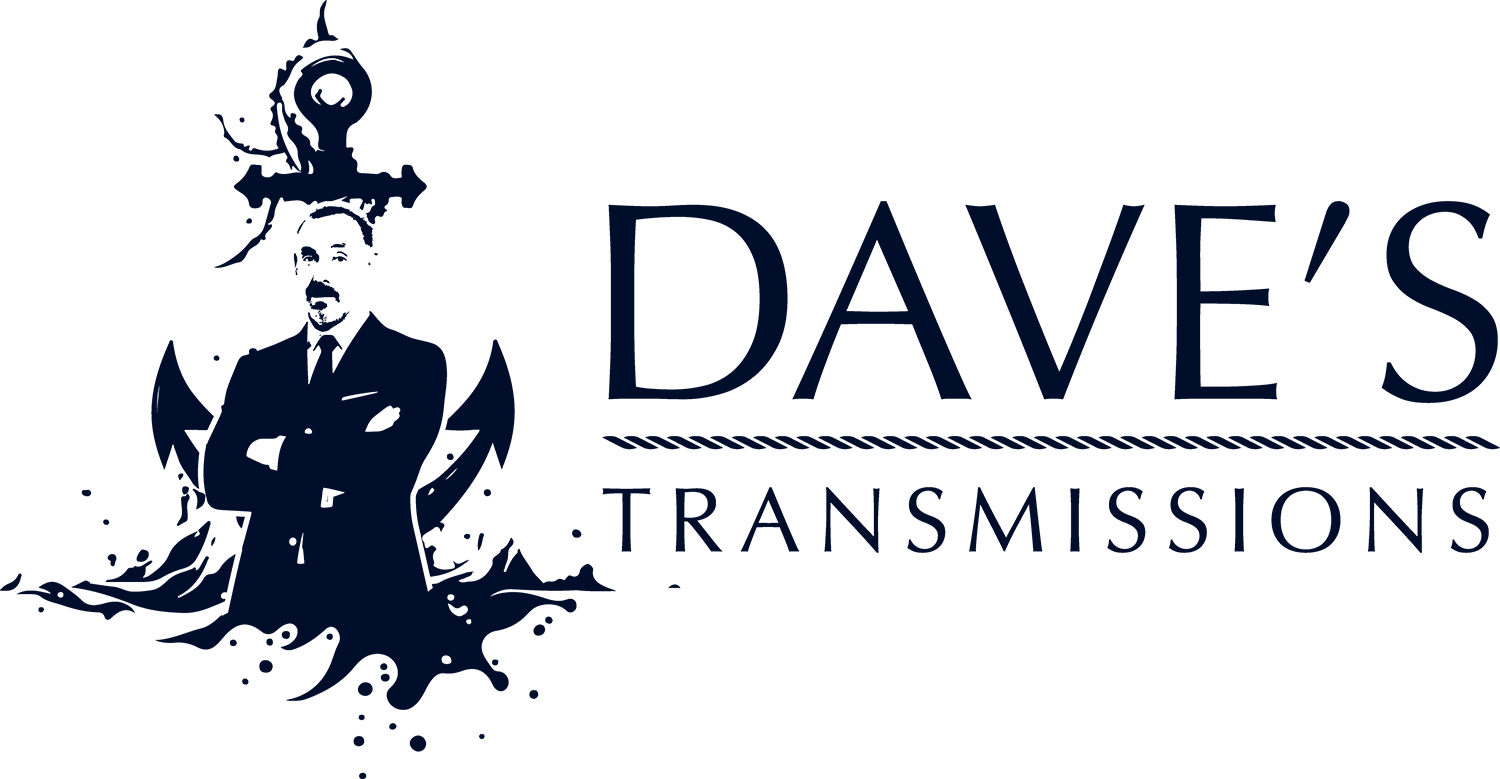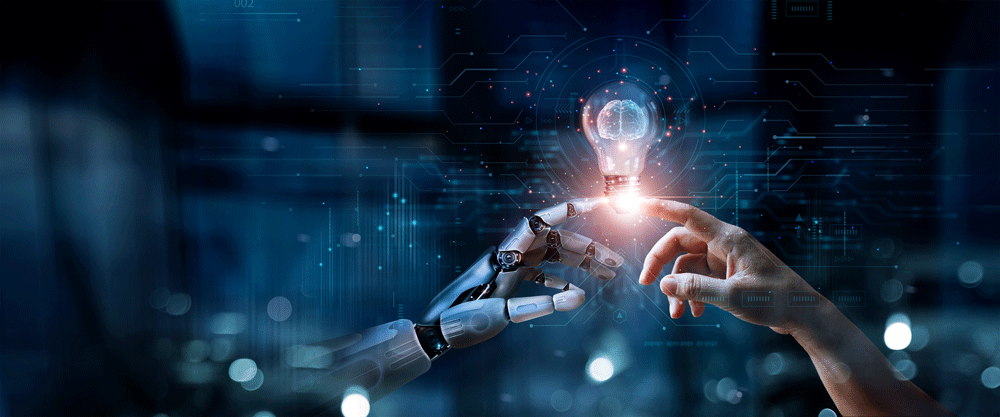There’s a lot of good things that modern Artificial Intelligence can bring such as data and guidance on a variety of topics. And for that reason, it certainly has its use in today’s world. But what it can never do is replace a living, breathing, and critically thinking human being.
The purpose of this transmission is intended to be realistic. I am not going to spend my time providing a detailed summary of what Artificial Intelligence is and the countless bio-ethical concerns many have towards it. All I want to do is simply highlight some points moving forward.
AI can help as a tool and resource for everyday life.
I utilize Open AI and Google search to research a topic I’m not sure about or to ask a question of which I’m certain of the answer but just want some confirmation on. Being a naturally spontaneous person, I naturally want to make phone calls and just ask my friends who may know certain things I don’t, but I obviously want to respect their time and exhaust my personal research first. One example is I am in the process of very soon painting my wooden fence with a certain exterior paint and was wondering about the compatibility of the new wood color I would be using, which is darker than the initially placed wood. Basic common sense tells me Yes in my head, very similar to the process of painting a wall inside a house to a different color. Google’s AI basically gave the same answer. On another recent occasion, as my wife and I were working on selling and purchasing a new home, we had general questions from time to time about process components that are typically provided by lenders and realtors. Sure enough, Google AI provided answers that were typically aligned with common industry knowledge in the Real Estate market. Though various components in a major business transactions are open to negotiation, open AI was naturally circumspect in its answers to a variety of questions. My wife utilized ChatGPT to provide some interior décor guidance as well.
The bottom line is that Artificial Intelligence can relay information well. But it can never communicate like a human being. At its core and extended functionality, it provides information to us that is intended to bring efficiency and convenience into our lives. But we still need to be careful. There have been various case studies, including one conducted by the Massachusetts Institute of Technology that organized two groups of 18–39-year old’s and had them write an essay. One group used AI whereas the other group utilized their own cognition to write. Both groups were given Electroencephalograms which is a medical device that is placed on one’s head and measures electrical and neural activity within the brain. At the end of the study, the students who used AI had lower levels of neural activity and stimulation in the brain. Not only were the results discussed but two English Teachers called the AI papers “soulless”. It could be speculated that the AI papers were perhaps more grammatically correct and structurally and conventionally sound. But the distinction between a thinking and feeling person expressing themselves is clearly distinguishable from a soulless technological resource.
I offer the theory that even humans who are highly personable and outgoing can get worn out by personal human drama over time and may prefer the convenience of an AI based capacity that most likely doesn’t bring the messy and emotional psychodrama humans will inevitably bring. But that is what makes us humans and souls. We bring the most advanced computer in universal history called the human brain that interweaves thoughts and emotions ultimately creating action.
As convenient as AI is, we still need be careful to not distance ourselves from dealing with others in the name of automated efficiency. And we must maintain consistent human empathy and connection at various levels of our personal, professional, and casual interactions. If we drift away from that, we can possibly open ourselves to an unhealthy possibility of manipulation by an unproven digital entity that does not understand human pain, sacrifice, emotion, joy, and the spiritual reality of our existence.


